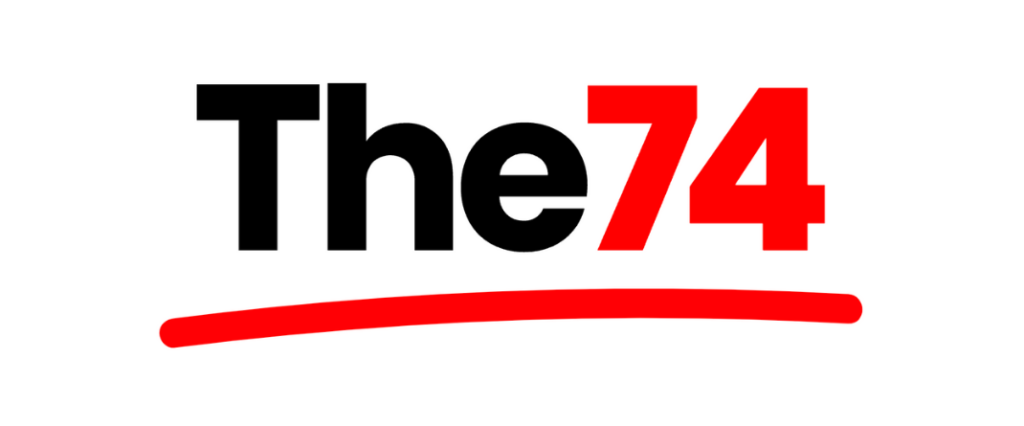Mar 2023
Not Too Late: Improving Academic Outcomes Among Adolescents
Read our academic paper on the early Saga studies published in the American Economic Review.
Improving academic outcomes for economically disadvantaged students has proven challenging, particularly for children at older ages. We present two large-scale randomized controlled trials of a high-dosage tutoring program delivered to secondary school students in Chicago. One innovation is to use paraprofessional tutors to hold down cost, thereby increasing scalability. Participating in math tutoring increases math test scores by 0.18 to 0.40 standard deviations and increases math and non-math course grades. These effects persist into future years. The data are consistent with increased personalization of instruction as a mechanism. The benefit-cost ratio is comparable to many successful early-childhood programs.
Latest Updates
A Promising Start for Personalized Learning in Miami-Dade
Griffin Catalyst highlights its three-year gift to the Education Lab to bring an innovative, high-dosage, math tutoring initiative to middle schools in Miami-Dade County to support and accelerate student learning in the wake of the COVID-19 pandemic. Initial results from the program are promising, suggesting that this approach can help tackle learning loss and enable students to catch up to grade level.

Why tutoring is a logistics problem worth solving
The National Student Support Accelerator’s (NSSA) Susanna Loeb and the Education Lab’s Monica Bhatt highlight the ways districts can stay the course on using high-dosage tutoring as a research-backed lever for strengthening teaching and learning.

Months After Deep Cuts, Education Researchers See Reason for Cautious Optimism
In a recent piece from The 74 Media’s Greg Toppo, Education Lab Senior Research Director Monica Bhatt discusses why continued investment in education R&D matters: To drive better outcomes for students and to strengthen America’s global competitiveness.

